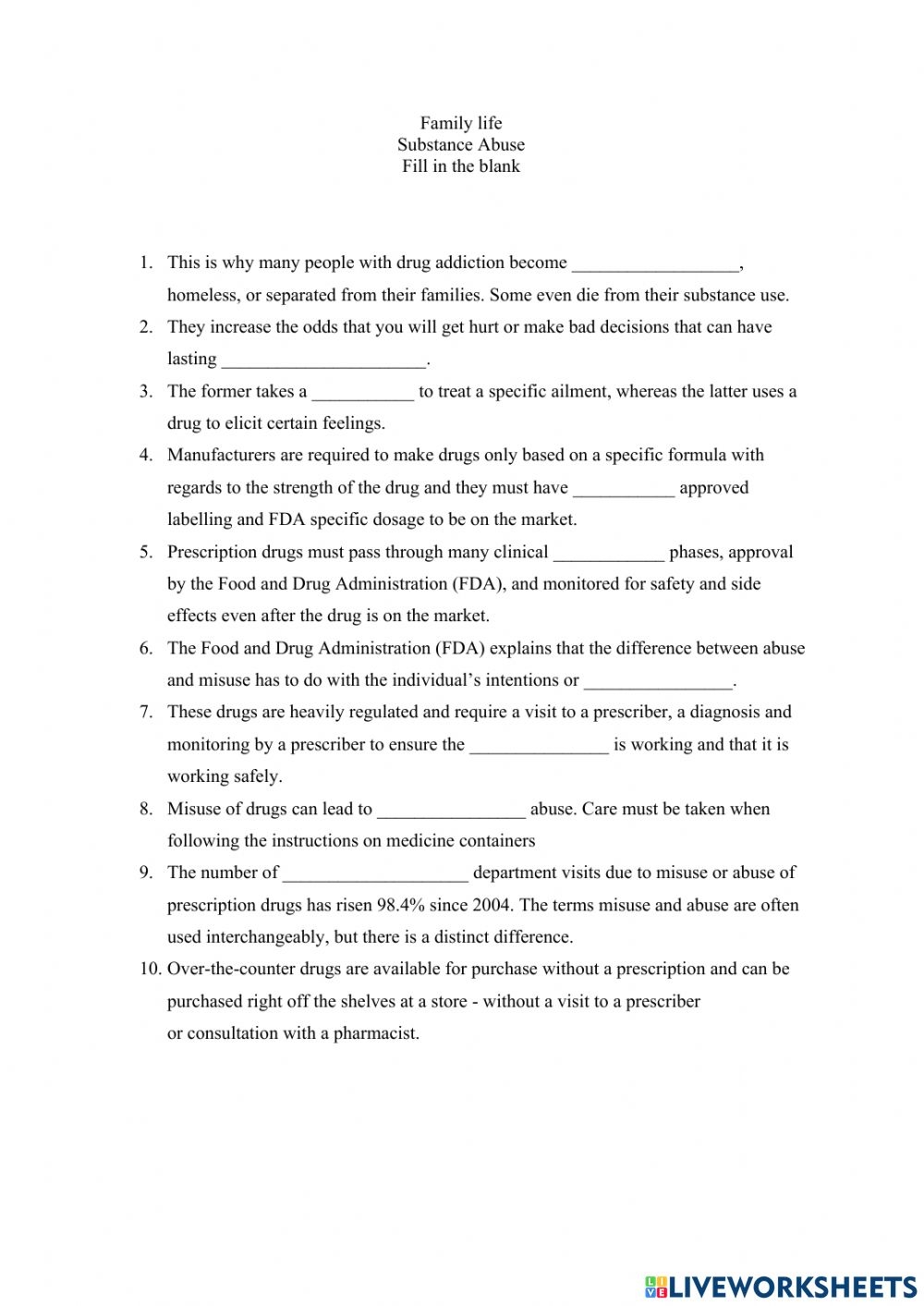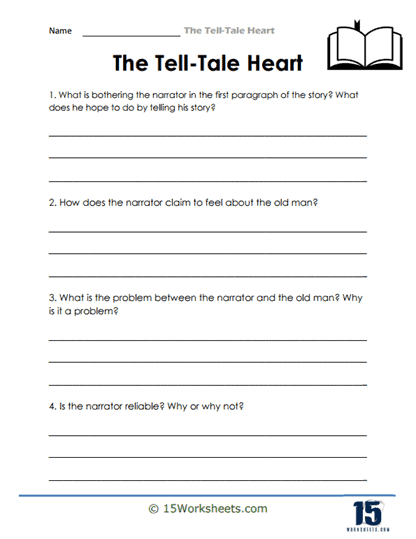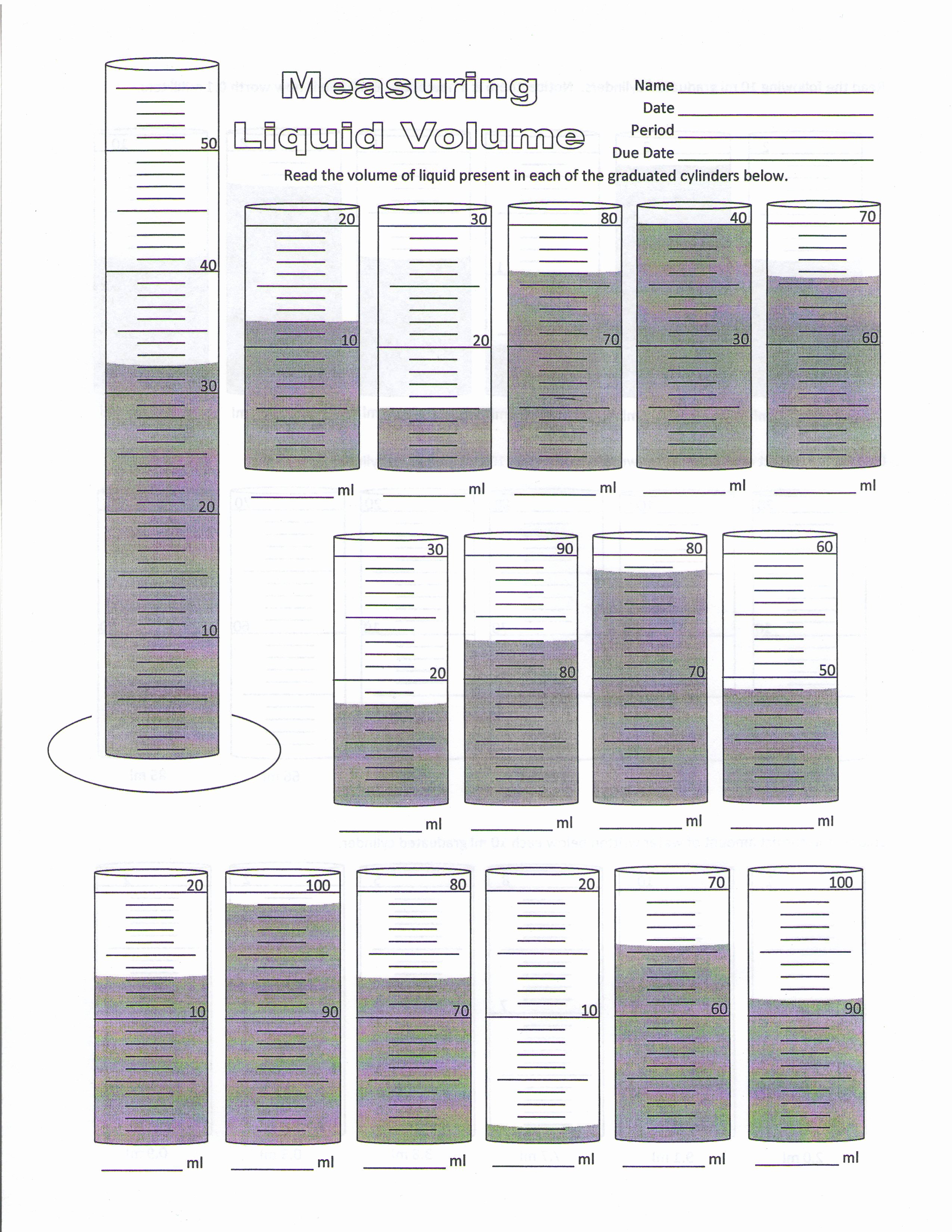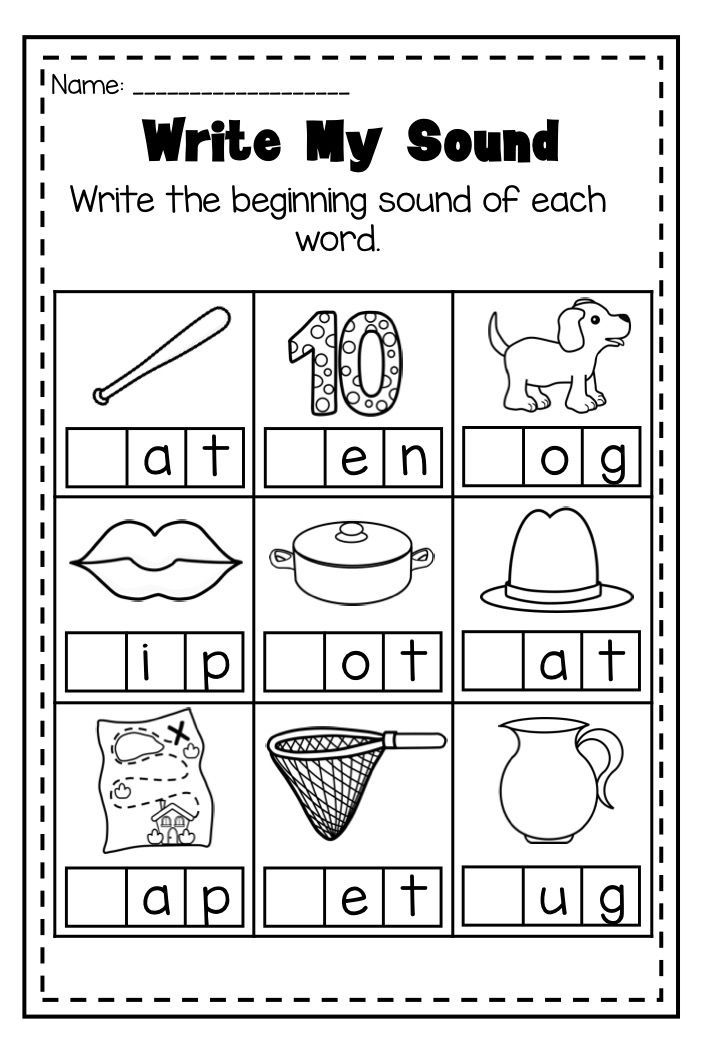10 Ways to Use Substance Abuse Group Worksheets

Understanding the Importance of Substance Abuse Group Worksheets
Substance abuse is a widespread issue that affects individuals from all walks of life. According to the National Survey on Drug Use and Health (NSDUH), approximately 19.3 million people in the United States struggled with substance use disorders in 2020. Dealing with addiction can be overwhelming, but group therapy and counseling have proven to be effective tools in the recovery process. One key component of group therapy is the use of substance abuse group worksheets. These worksheets provide a structured approach to understanding addiction, identifying triggers, and developing coping strategies.
Benefits of Using Substance Abuse Group Worksheets
Substance abuse group worksheets offer several benefits, including:
- Improved self-awareness: Worksheets help individuals identify their thought patterns, emotions, and behaviors that contribute to their addiction.
- Structured approach: Worksheets provide a clear and concise format for individuals to explore their addiction and recovery.
- Increased engagement: Worksheets encourage active participation and engagement in the recovery process.
- Enhanced accountability: Worksheets help individuals track their progress and stay accountable for their actions.
10 Ways to Use Substance Abuse Group Worksheets
Here are 10 ways to effectively use substance abuse group worksheets in a therapeutic setting:
- Initial Assessment: Use worksheets to gather information about an individual’s substance use history, including the types of substances used, frequency of use, and negative consequences experienced.
💡 Note: This information will help therapists understand the individual's addiction and develop a tailored treatment plan.
- Identifying Triggers: Use worksheets to help individuals identify their triggers, including people, places, and emotions that contribute to their substance use.
- Example: Create a worksheet with the following columns:
- Trigger
- Emotion
- Coping Strategy
- Outcome
- Coping Skills Development: Use worksheets to teach individuals healthy coping skills, such as deep breathing, mindfulness, or problem-solving.
- Example: Create a worksheet with the following prompts:
- What is the problem?
- What are the potential solutions?
- What is the best solution?
- How will you implement the solution?
- Relapse Prevention: Use worksheets to help individuals develop a relapse prevention plan, including identifying high-risk situations and developing strategies to cope with them.
- Example: Create a worksheet with the following columns:
- High-Risk Situation
- Coping Strategy
- Support System
- Alternative Behavior
- Self-Esteem Building: Use worksheets to help individuals build self-esteem and confidence, including identifying positive self-statements and challenging negative self-talk.
- Example: Create a worksheet with the following prompts:
- What are your strengths?
- What are your accomplishments?
- What positive self-statements can you use to boost your self-esteem?
- Family Dynamics: Use worksheets to explore family dynamics and how they contribute to an individual’s addiction.
- Example: Create a worksheet with the following prompts:
- How did your family dynamics contribute to your addiction?
- How can you improve your family relationships to support your recovery?
- Goal Setting: Use worksheets to help individuals set and achieve recovery goals, including developing a goal-setting plan and tracking progress.
- Example: Create a worksheet with the following columns:
- Goal
- Action Plan
- Timeline
- Progress
- Cognitive-Behavioral Therapy (CBT): Use worksheets to teach individuals CBT skills, including identifying negative thought patterns and challenging them with more positive and realistic ones.
- Example: Create a worksheet with the following columns:
- Negative Thought
- Challenge
- Alternative Thought
- Outcome
- Mindfulness and Meditation: Use worksheets to teach individuals mindfulness and meditation skills, including guided meditations and mindfulness exercises.
- Example: Create a worksheet with the following prompts:
- What are your thoughts and feelings during meditation?
- What physical sensations do you experience during meditation?
- How can you apply mindfulness to your daily life?
- Aftercare Planning: Use worksheets to help individuals develop an aftercare plan, including identifying support systems and developing a plan for maintaining sobriety.
- Example: Create a worksheet with the following columns:
- Support System
- Meeting Schedule
- Coping Strategy
- Contact Information
Conclusion
Substance abuse group worksheets are a valuable tool in the recovery process. By providing a structured approach to understanding addiction, identifying triggers, and developing coping strategies, worksheets can help individuals achieve and maintain sobriety. By incorporating worksheets into a therapeutic setting, therapists can promote engagement, accountability, and self-awareness, ultimately leading to more successful treatment outcomes.
What are substance abuse group worksheets?
+Substance abuse group worksheets are structured tools used in group therapy to help individuals understand their addiction, identify triggers, and develop coping strategies.
How can I use substance abuse group worksheets in my practice?
+Substance abuse group worksheets can be used in a variety of ways, including initial assessment, identifying triggers, coping skills development, and relapse prevention.
What are the benefits of using substance abuse group worksheets?
+The benefits of using substance abuse group worksheets include improved self-awareness, structured approach, increased engagement, and enhanced accountability.



